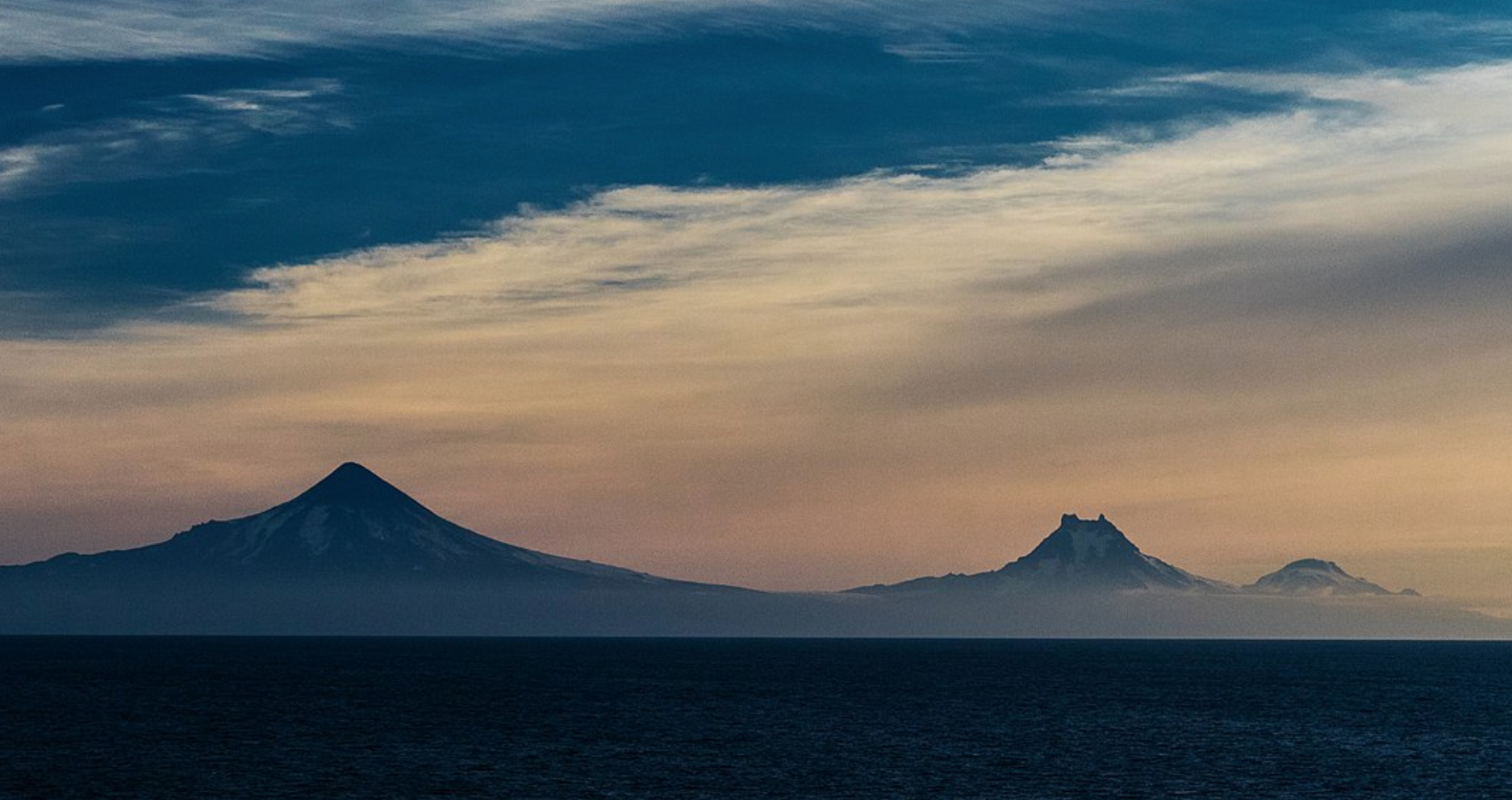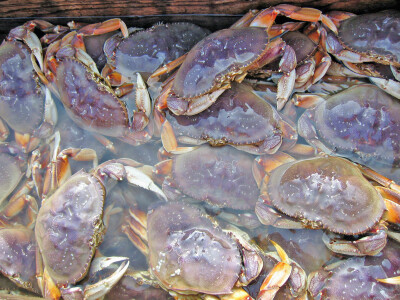National Fisherman’s August issue tells the story of the Progress, a 114-foot pollock boat that had all its wheelhouse windows blown out by a wave that scaled up to nearly 40 feet. Winds were predicted to be out of the Northwest at 35 mph but ended up nearly double that when the Progress got nailed about 35 miles northeast of Unimak Island. I’m not surprised.
To me the Bering Sea and the Aleutian Islands — born of volcanic action 56 million to 33.9 million years ago — have carried a somewhat dark and foreboding allurement, starting with my first passage into the Bering Sea through Unimak Pass on the halibut schooner Attu.
I made numerous other trips through Unimak Pass, and each time there was always that sense that something could quickly go wrong. Yet I always looked forward to that passage.
Then my impression was that weather and sea conditions changed a lot faster in the Bering Sea than anywhere in the Gulf of Alaska, which is why I’m not surprised at the change in the Progress’ wind conditions.
One example of that body of water’s capriciousness that I still think about is when we were fishing along the Aleutians — I don’t remember exactly where — but had to stop hauling and duck into a small cove to get out of what looked like a developing blow.
We set the hook in a spot that put us out of the wind and, leaving one guy in the wheelhouse, started to settle down for what seemed to be a relatively easy afternoon and night. But it wasn’t long before the wind shifted and quickly increased in intensity — the skipper would later say it was in the neighborhood of 100 mph. Now we were threatened with smashing up on a very rocky lee shore if the anchor didn’t hold.
Needless to say, the throttle stayed engaged throughout the night to take the strain off the anchor and anchor cable. Come morning, after the wind slacked off, the anchor was hauled back. This resembled a Navy anchor, one of those weighty masses of steel with what seemed to me at the time to be two awfully big, ugly flukes. It’s not an anchor that would ever get an award for looks, but with that weight and those flukes it was designed to stay intact, dig in and hold a boat in place against the worst of storms.
I wasn’t the only one that didn’t believe what they saw when that anchor came out of the water: Half of it had been sheered off, leaving only the stock and one fluke. It was fortunate that we didn’t have engine problems that night, or we would have ended up on that shore.
In my time fishing, I went through a number of blows above the Aleutian Islands, but the image of that anchor has always reminded me of the unforgiving power of the Bering Sea.







